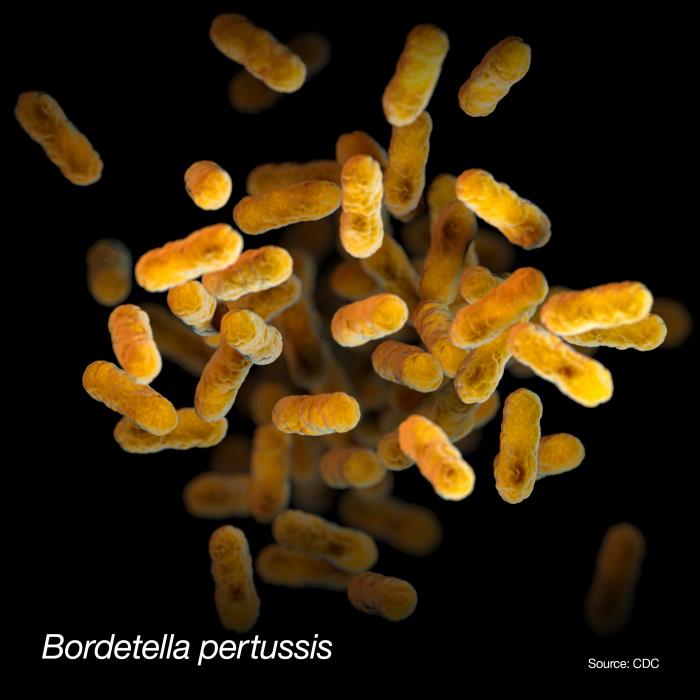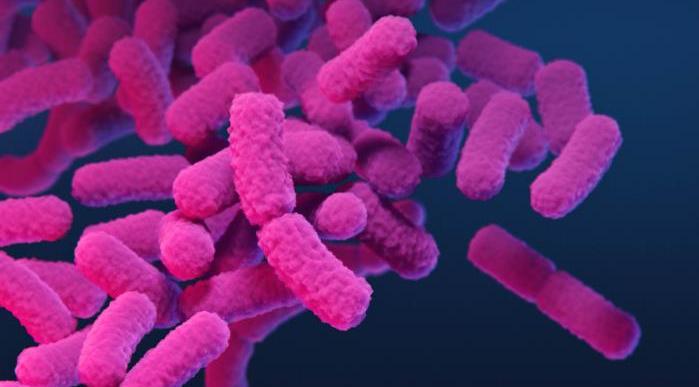An international team of scientists led by researchers from the University of Liverpool has received an award of £4.56 million (US $6.06 million) for a 5-year research program that will explore natural human protection against Salmonella.
The award from Wellcome Discovery will enable the team to investigate the role that microbial composition, nutrient use, and dietary factors play in resistance to colonization by Salmonella Typhimurium, which typically causes gastroenteritis but is also a leading cause of invasive non-typhoidal Salmonella (iNTS) disease, a severe bloodstream infection. The work will build on the findings from a previous study, in which some healthy volunteers who were deliberately exposed to a beverage containing Salmonella Typhimurium showed complete resistance to colonization.
Modeling studies estimate that iNTS caused 594,000 infections and 79,000 deaths in 2019, primarily in young children in sub-Saharan Africa. The researchers say one of the ultimate objectives of the study is to develop microbiota-based therapies that could prevent infection and reduce reliance on antibiotics.
"This award allows us to explore the invisible defenders—the gut microbiota—and understand why some healthy people never become colonised when deliberately exposed to Salmonella bacteria," molecular microbiologist Blanca Perez-Sepulveda, PhD, of the University of Liverpool, said in a news release. "Eventually, we hope it might be possible to modify the microbiota in susceptible children in Africa to prevent iNTS disease."
















